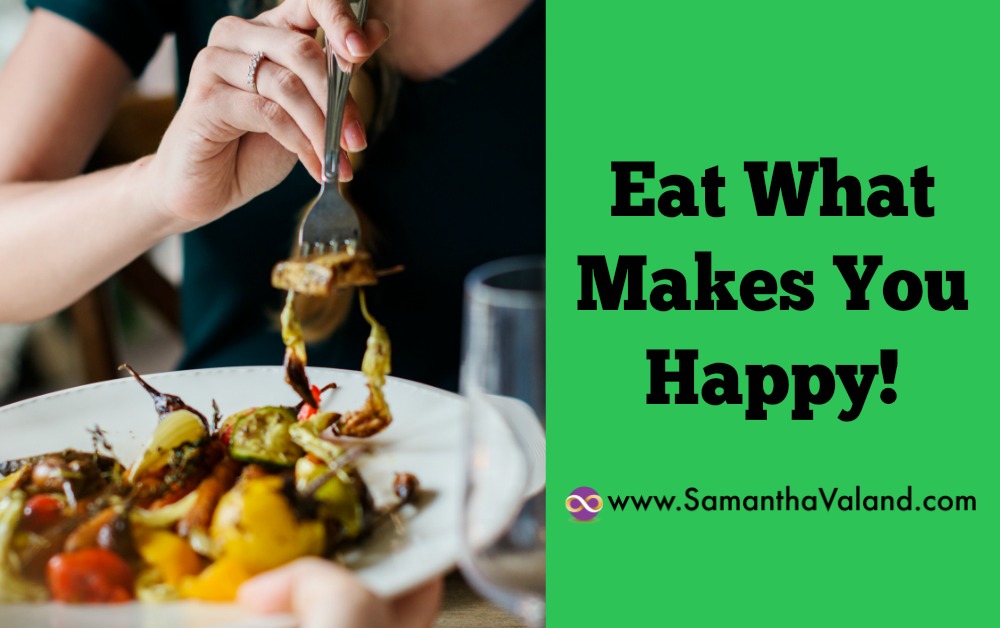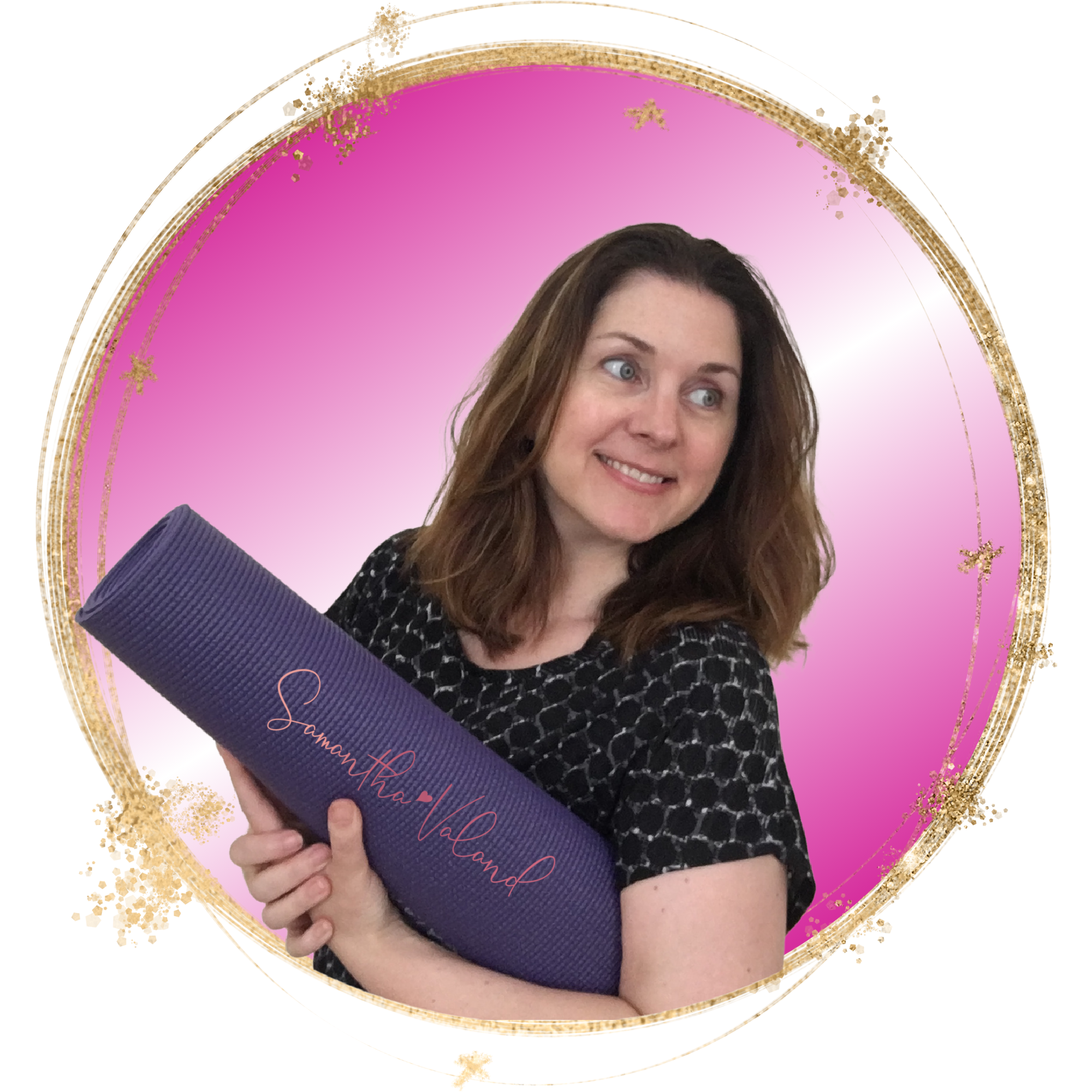This is not a message that you often get from the fitness industry but enjoying your food is a big part of eating well for life!
I am assuming that if you are reading this, you interested in being healthy and that includes what you are eating. You do not sit around eating junk food. You have a sensible approach and have a little of what you fancy.
We can make how we eat really quite complicated or we can make it simple by going with a ‘how healthy is this for me’ approach rather than forcing ourselves into a diet that worked for our girlfriend or a celeb.
I have found menopausal women often eat quite badly as they feel they need to lose weight, but they do it in the same way they used to do it 20 years ago rather than with the body they have today.
Where do you start?
Any underlying medical conditions?
High blood pressure and high cholesterol run in my family so it is a priority on some of my food choices.
Carb sensitivity
Most women will become sensitive to stress and carbs as they go through the menopause. One of the best ways to understand it, is what this means for you personally. The ME burner quiz is a good starting point. If you take the quiz, they will send you an email with info. I have a low sensitivity to carbs, which is 3-5 bites or sips per meal. It is not much but I know the difference when I have eaten more and yes, that does include alcohol!
Carb sensibility
I have had some odd reactions from clients to carbs being ‘bad’. They are not bad, but eating them may not give you the results you are after, even ‘good’ carbs. My favourite is someone refusing to eat potatoes because ‘they are bad’ whilst standing with a glass of wine in one hand and cigarette in another. In this case, they had made a choice that they would rather drink wine than eat their carbs.
Whatever your thoughts, have a mind-set that carbs are required for energy but a finite amount is good for you to be a healthy weight. Some carbs will suit you better than others, which is just trial and error on your part. You can read more on carbs and the menopause here
Cravings or no appetite?
Fluctuating hormones can affect your appetite. For some it’s craving and for others it is a lack of appetite. Both of them can change your decision making process so it is something to be aware of. Both are indicators that you need to double down of self-care to help balance your hormones. A general rule of thumb is that you will eat three times a day. Try to anticipate this rather than be taken by surprise! For most this is what we need to keep up our energy levels, trying not to eat or fasting may cause your to eat more if your hormones are out of balance.This may be due to your menstrual cycle or a change in stress levels.
Cheat Meals
It is a common approach to have one meal a week where you eat whatever you fancy. This is great approach, as long as it does not suffer from cheaters creep! Cheat meal becomes a cheat day. Cheat day becomes cheat weekend. Ideally pick one i.e. Saturday dinner and stick with it! Notice how you feel the following day, any digestive upsets, changes in energy levels? If you feel significantly better after a cheat meal then you need to take a long hard look at how you are eating as that would indicate something is missing from your daily diet.
Nutritional Recommendations
We all know these; 8 glasses of water a day and 5 portions of fruits and veggies.
How do these work for you personally? What is your current intake and how does your body feel? Do you need more or less? Fruit and veggies may count towards your carb intake, so you make want to skew your intake for more veggies for example.
How can you adjust them to be more personal to your needs? Often it happens naturally if you are trying to reduce your carbs intake, you will automatically go to extra veggies to fill up your plate.
Enjoying your food
So what does this all mean with enjoying your food? In reality, some of the foods we eat fall into the ‘brush your teeth’ category of needs to be done.
Porridge for breakfast is a priority for me to help with lowering cholesterol and high blood pressure, but I don’t get up and shout ‘wahoo porridge for breakfast’. I no longer eat it every breakfast, just because its way way over my carb bites, but I chose to do it on my gym mornings when I need the extra energy. I also make it with a wee bit of peanut butter. It dramatically changes the taste without massively changing the calories. No one would say peanut butter is a healthy option but it helps me to eat porridge regularly, which is healthy.
Veggies are another area where a wee condiment can make a big difference. Eating five portions of veggies is a lot of veggies. I will often grate a wee bit of cheese over them, which again dramatically changes their taste.
Both of these examples of condiments are foods, which can be calorific and often avoided, but a little bit of what you fancy does you good.
I find portion control on these two examples is easy. However, I have tried different condiments and found them difficult to have a small portion so I do not use them. It is trial and error.
It is easy to get stuck on cheese is ‘bad’ for your rather than veggies are ‘good’ for me and I need to eat more of them! What do I need to do in order to eat more veg?
Moving your mood
Food is often used to move your mood; it is called comfort food for a reason! This is quite different to enjoying your food. We all have days where we come home thinking ‘I so deserve a glass of wine tonight’. This is the night I do not have any wine as it is nothing to do with wine and everything to do with moving my mood, which I can do in other ways. Popping on a cheesy song on Spotify will move my mood in less than 5 minutes and has fewer calories!
How can you put this into practice?
Start with what you enjoy. I enjoy crunchy foods and fast food such as scrambled eggs. I know what my body likes and dislikes. Feedback can be the next day not just immediately after eating, I listen to the feedback and try to track it back to my cycle to see if there is a pattern. You can find a Period Tracker here.
Do you know what your kryptonite is regards to food and the opposite, what are you relaxed about and can easily manage your portions of?
Does it make you happy?
Let us circle back around to the start of the blog. Eat what makes you happy. Which is more than just about the pleasure of eating, it is about how you feel afterwards.
To celebrate, you may have a few glasses of bubbly, in the knowledge that you may feel a bit off the next day.
Indulging in foods you enjoy but stop your weight loss or shape changing does will not make you happy.
Some foods that are described as healthy, may make you feel bloated and uncomfortable.
Like many things in life, it is about finding your own personal sweet spot and it is about self-care. Listening to what is working for you rather than for other people.
What do you enjoy to eat? I would love to hear how it fits into your healthy eating lifestyle.
P.S. If you enjoyed this blog, you will also love this one:
https://samanthavaland.com/healthy-eating-challenge/




